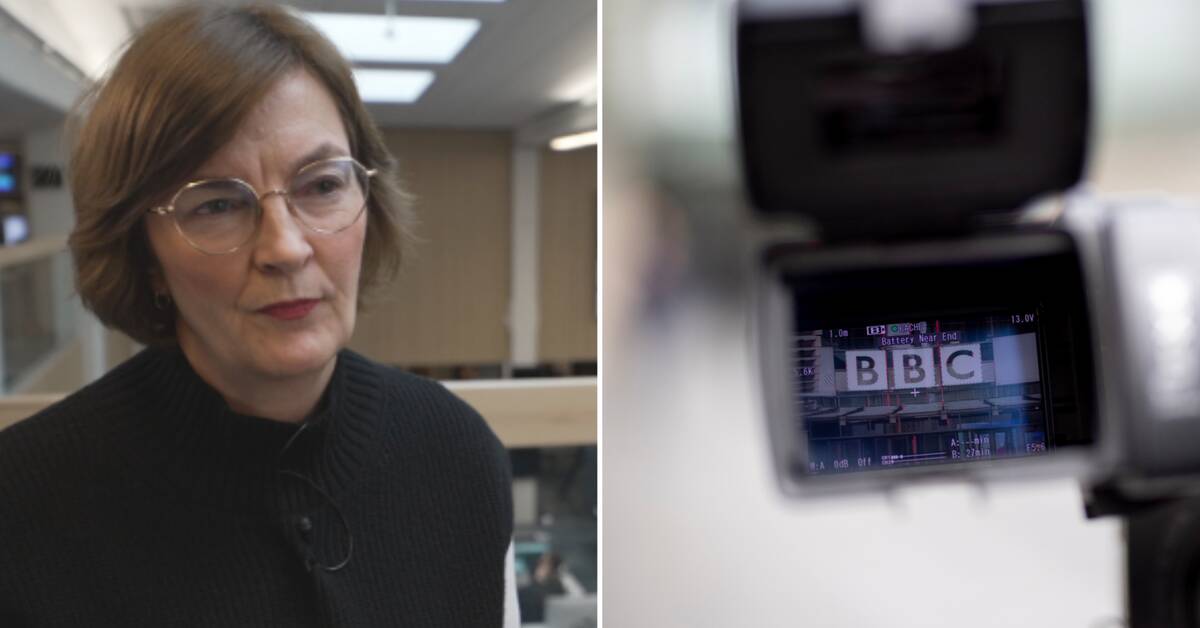In the space of a few days, the BBC has been rocked by conflict surrounding its two most popular faces.
The presenter and former footballer Gary Lineker's tweet about the UK government's refugee policy led to a temporary suspension, which was lifted on Monday.
Meanwhile, reports emerged that the BBC had stopped the sixth and final episode of presenter David Attenborough's new nature series from being televised for fear of right-wing criticism.
The BBC has denied the allegations and says that the plan all along was to broadcast the episode on the web.
Accused of lack of impartiality
Both events have fueled already existing criticism of the public service company: that it has difficulty resisting the influence of politicians and is inconsistent when it comes to living up to the demands of impartiality.
Right now, the criticism is strongest from the left.
- The largest opposition party Labor and the Liberal Democrats accuse the BBC of attending to the affairs of the right-wing government, says SVT's foreign reporter Anna-Maja Persson.
"Give in to one side"
The critics believe that the BBC recently saw between its fingers when information emerged that its chairman Richard Sharp is said to have helped to arrange an £800,000 loan to the then Prime Minister Boris Johnson's campaign.
Just weeks later, Sharp was appointed BBC chairman by Johnson.
And when Alan Sugar, presenter of BBC show The Apprentice, took to Twitter in December to criticize the transport union strike, there were no consequences.
This has upset many.
- The company has not explained why Lineker is being silenced while Alan Sugar and others are allowed to continue to express themselves politically.
By suspending Lineker, it seems the BBC has given in to one side of the culture war, says former BBC director Roger Mosey to The Times.
BBC management are now hoping to cool down the debate by allowing Gary Lineker to return to his duties as presenter.
- The BBC hopes that the announcement can take the edge off the high tone and that the senior managers will be able to stay, says Anna-Maja Persson.

